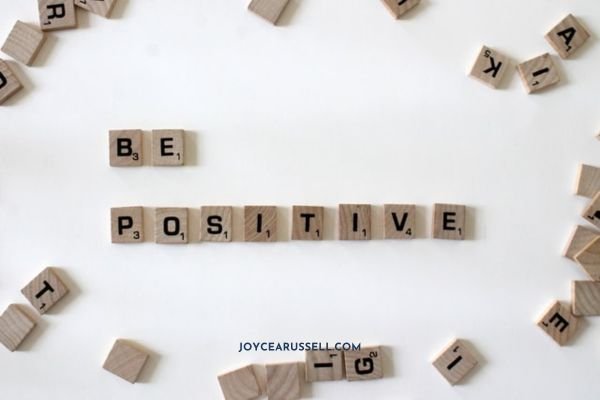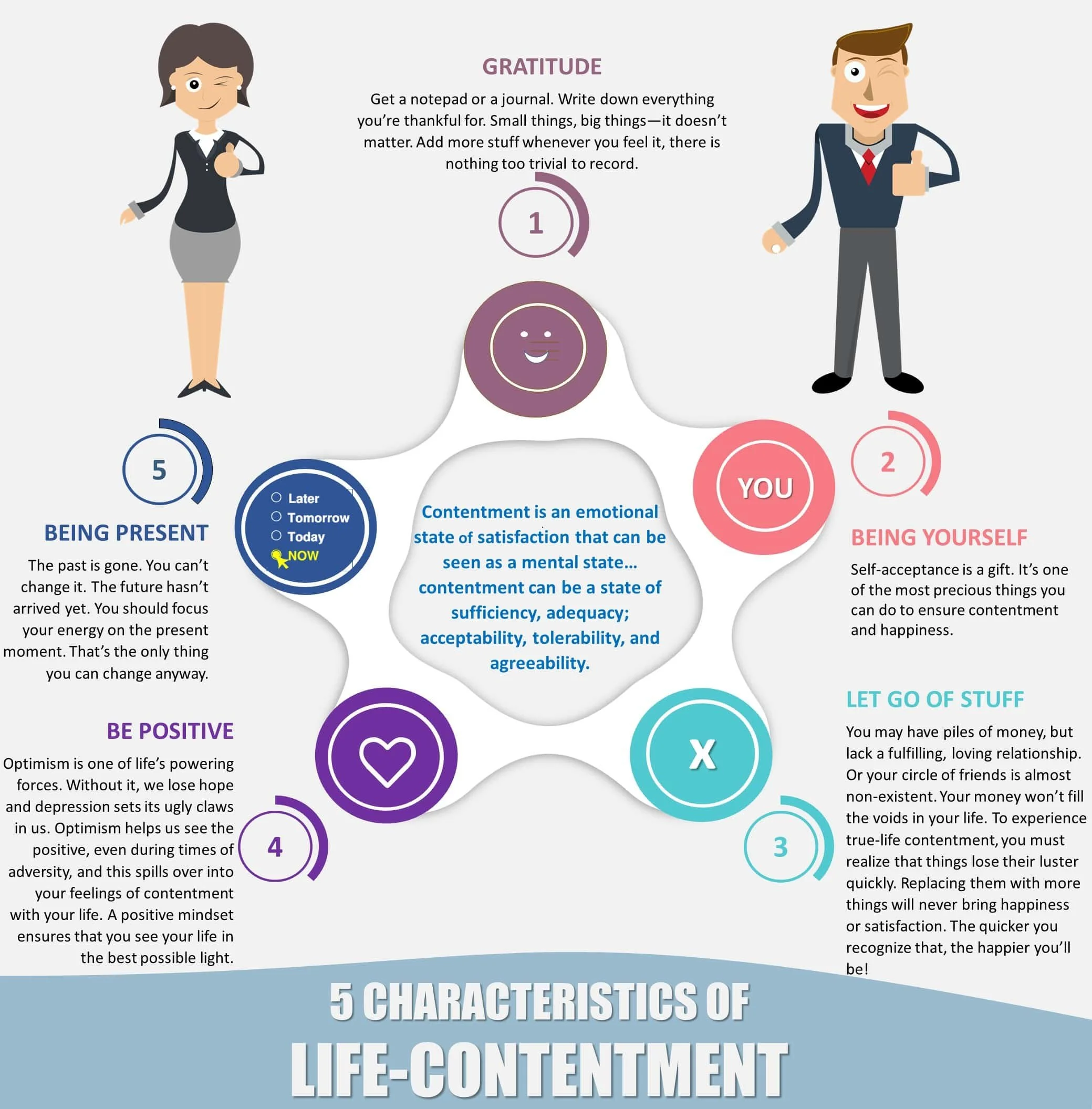Gram’s Wisdom 56
There is something exceptional about grandmothers. They seem to have a knack for making you feel special. Grandmothers always know how to make their grandchildren smile. They love to laugh and have a good time with them. Grandmothers are also the most loving people, always ready to offer a hug or a listening ear.
Grandmothers have often faced many challenges in their lives, but they have always endured. They are strong and resilient, and they never give up. Despite their strength, grandmothers are also gentle and kind. They have a wealth of experience and wisdom to share, and their words of wisdom can stay with us for a lifetime.
My Gram’s words have been rattling around in my brain for 60 years. They are the same words I use with my grandson. They are the same words I have been sharing in these Gram’s wisdom posts. She once told me, “How we do things changes, the reasons for doing them never change.”
Here are some life lessons that anyone’s grandmother might have passed on:
Be neat and orderly.
Keeping your home clean, neat, and orderly is timeless advice. A devotion to cleanliness isn’t just about surprise guests popping in; there are many benefits to an organized household. These benefits include less stress, more motivation, and productivity.
A cluttered and messy home can be a source of stress. A clean and organized home, on the other hand, can provide a sense of calm and order. This can help to reduce stress levels and improve your overall mood.
When your home is clean and organized, you're more likely to feel motivated to get things done. A cluttered space can be distracting and make it difficult to focus. A clean and organized space, on the other hand, can help you to stay on task and be more productive.
Are you looking for ways to improve your mental and physical health, reduce stress, and boost your productivity? Then keeping your home clean, tidy, and organized is a great place to start. Just begin by decluttering one area at a time and make it your habit of putting things away after you use them. (Remember: trying is more important than perfection.)
Be punctual.
Show others you respect their time by arriving on time. Besides being polite, it allows you to pull yourself together and be ready for the meeting, appointment, or visit.
When you arrive on time, you show the other person that you value their time and you are reliable. It’s also a demonstration that you are prepared and organized and you can manage your time effectively.
You build trust with others: When you are always on time, people know they can count on you. This can be especially important in professional settings, where trust is essential.
Being punctual is a skill that takes practice, but it is worth it. Set a reminder to leave ten minutes earlier than you normally would. Arriving on time, or even a little bit early, is a simple way to make a good impression. You also set yourself up for success in both your personal and professional life.
Treat others with consideration.
Be flexible in your interactions with people. Different people might require a slightly different approach. They will appreciate the effort, and you will sharpen your people skills.
Different people have different communication styles and needs. For example, some people prefer to be direct and to the point, while others prefer a more gentle and indirect approach. It's important to adapt your communication style to the individual you're interacting with.
Being flexible shows you're interested in the other person. When you take time to understand how they communicate and what they need, it shows you're paying attention and that you care about what they have to say. This can build trust and rapport, which leads to more productive and enjoyable interactions.
Connect with people on a personal level and tailor your message to their needs. This can help you to build strong relationships, be more persuasive, and be successful in your career.
Love yourself.
Everyone has their struggles, but never forget to love yourself. Treat yourself like you would treat a loved one. Avoid negative self-talk and don’t attempt to be someone else. You are your person, and that person is special!
Self-love is essential for mental and physical health. When you love yourself, you are more likely to take care of your physical and mental health. You are also more likely to make healthy choices, such as eating a healthy diet, exercising regularly, and getting enough sleep.
Self-love is the foundation of healthy relationships. When you love yourself, you are more likely to have healthy relationships with others. You are less likely to be codependent or to attract toxic people into your life.
If happiness and success are what you seek, it is important to love yourself. Treat yourself with kindness and compassion. Skip the negative self-talk and focus on your strengths and your accomplishments.
Rough times come – but they pass.
Nothing lasts forever. Neither good times nor bad times. So, acknowledge that you will face rough times, but they will not last. Take time to lick your wounds, but eventually, you will need to pick yourself up and move forward.
Everyone experiences rough times at some point. It’s okay to feel sad, angry, or frustrated when you are going through a rough time. Don't try to ignore your emotions; that just makes them worse. Instead, allow yourself to feel what you are feeling, and then let it go.
If you are going through a rough time, remember you are not alone. Don't let it consume you. Just continue taking things one day at a time. Eventually, the tough times will pass, and you will be stronger.
Practice good manners.
Using good manners doesn’t cost anything and brings harmony to your relationships. Remember to say “Please” and “Thank You” and, in general, be considerate of those around you.
1| Good manners make you more likable.
People are more likely to be drawn to and to like you if you practice good manners. This can be helpful in both your personal and professional life.
2| Good manners are a show of respect:
When you use good manners, you show respect for the other person. This can help to build positive relationships and to create a more harmonious environment.
3| Be considerate of others' feelings and needs.
This means things like holding the door open for someone. Allowing someone to go ahead of you in line. And not talking over someone when they are speaking.
4| Be mindful of your surroundings.
This means things like not talking loudly in public, not littering, and not blocking walkways.
5| Apologize when you make a mistake:
Everyone makes mistakes, but it is important to apologize when you do. This shows that you are aware of your mistake and that you are willing to make amends.
Stand by your convictions.
While you should strive to be pleasant and courteous, it is also important that you stand up for your convictions. Be assertive, not aggressive.
If someone tries to push you around or make you feel bad about yourself, it is important to set boundaries and stand up for yourself. You can do this by calmly and respectfully explaining that you do not appreciate their behavior. You can also walk away from the situation if necessary.
Offer others the respect that you also deserve. It is important to remember that you are worthy of respect, regardless of what anyone else says. You shouldn’t let anyone make you feel like you are less worthy than they are.
Don’t fear failure.
Lessons are found in your perceived failures. If you succeed at everything, you risk learning nothing. So go out and fail at something, learn the lesson, and become a better person. You will be more apt to reach your goals, too.
When you fail, you can learn from your mistakes. You can identify what went wrong and what you can do differently next time. This can help you to improve your skills and to become more successful.
Failure can also make you more resilient. When you fail, you learn that you can overcome challenges. This can give you the confidence to try new things and to take risks.
If you never fail, you will never learn and grow. You will never reach your full potential. So don't be afraid to fail. View it as a window for opportunity.
Failure is not something to be afraid of. It is a natural part of life, and it can be a valuable growth tool.
Cherish your family and friends.
Make family and friends a priority. A strong social circle gives you a firm foundation for success. In bad times and good, these are the people you will turn to. Make sure to foster powerful relationships, by ‘giving’ as much as you ‘take’.
Family and friends can help you to achieve your goals. They can offer you advice, guidance, and motivation. They can also help you to stay accountable and to avoid giving up on your dreams.
Family and friends make life more enjoyable. They are the people who you can share your joys and sorrows with. They are the people who you can laugh with and cry with. They make life more meaningful and more fun.
Call a close relative. Have dinner with them and show them that you cherish that relationship.
If you want to be happy, healthy, and successful, make family and friends a priority. Make time for them and listen to them. Be generous to them and forgive them. And be there for them, and they will be there for you when you need them the most.
My final thoughts are.
The above bits of wisdom are simple maxims as true today as they ever were. They are meant to help us behave well and to get along with others. I have only one thing to add and that is be kind.
Thank you for taking the time to read this post.
For more information, check out these posts.
9 Pieces Of Life Advice From Your Grandma That You Should Actually Listen To.





















